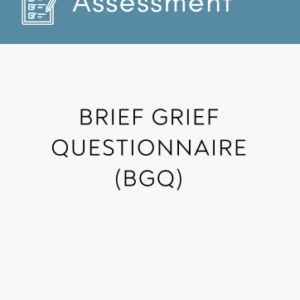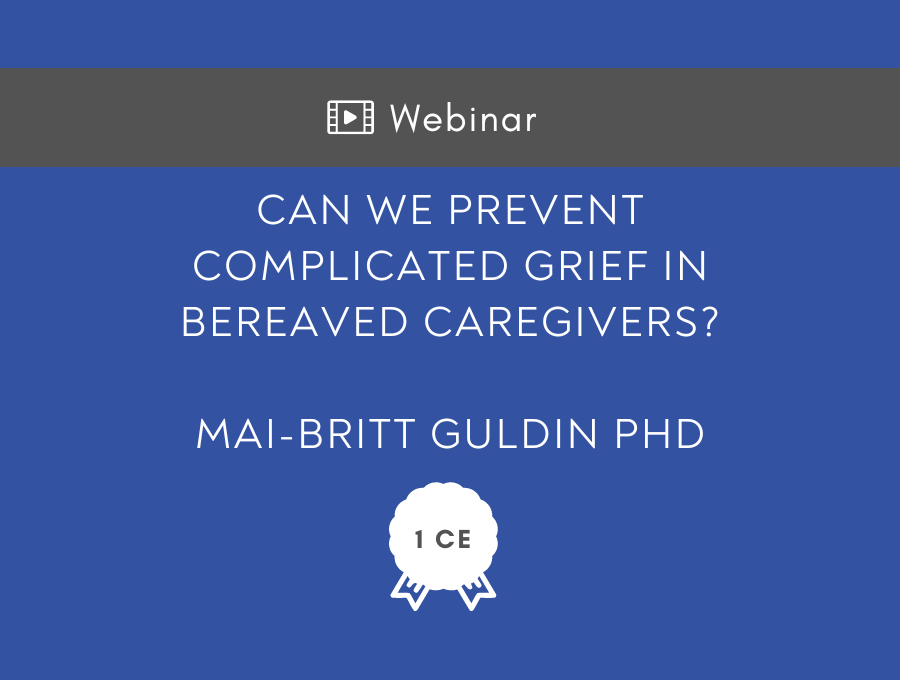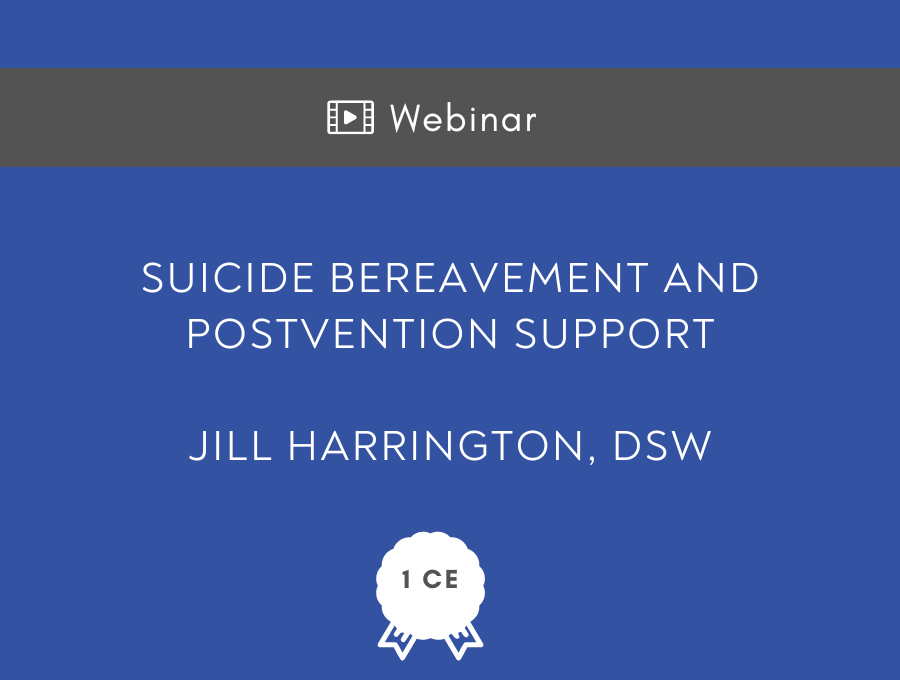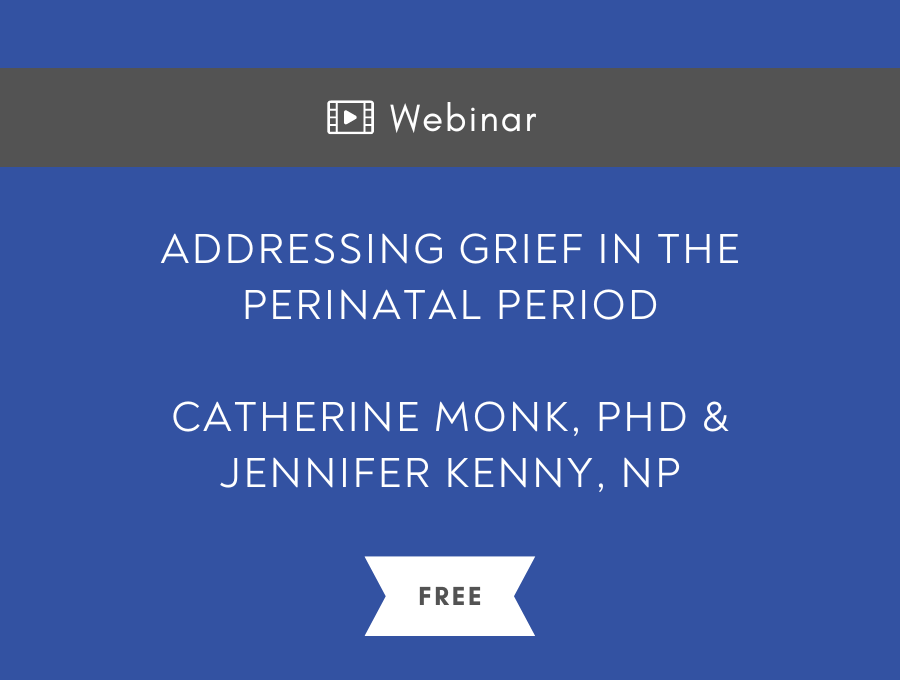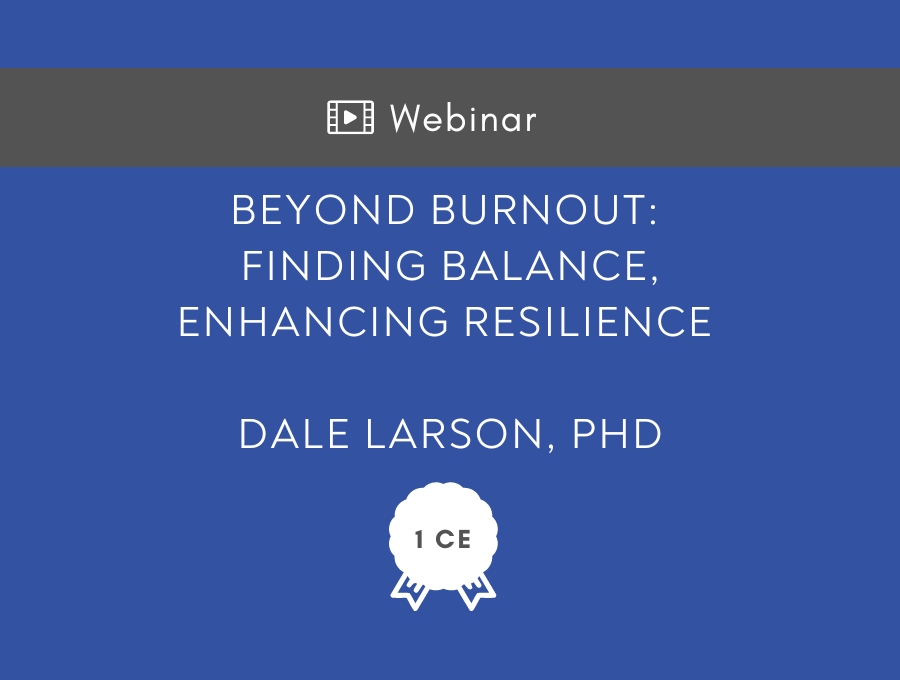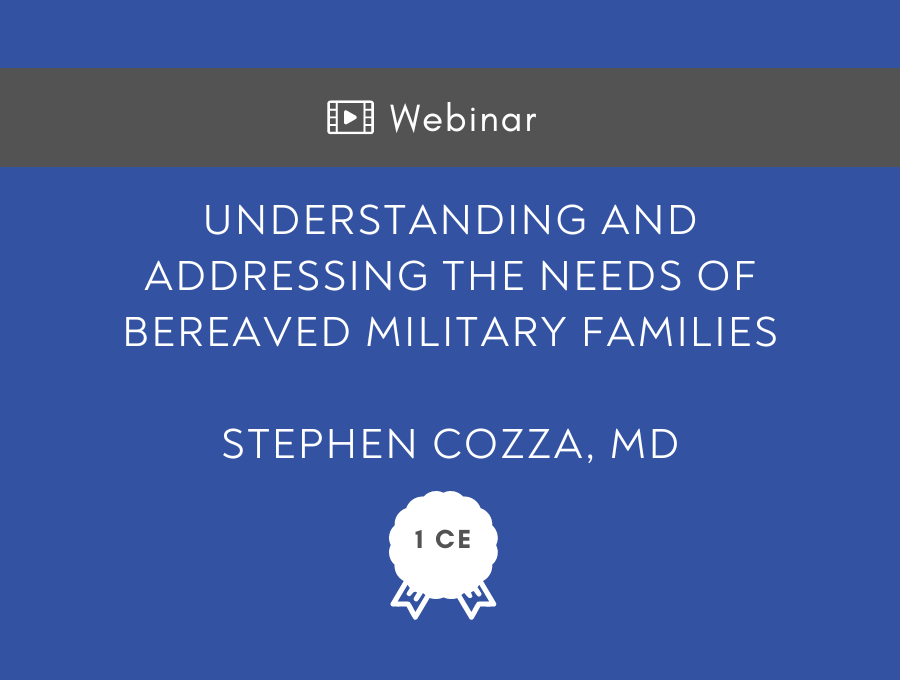Subtotal: $7.95
Can we prevent Complicated Grief in Bereaved Caregivers? – 1 CE Hour
$30.00
Most deaths occur after a terminal illness during which family members work hard to care for their loved one and say goodbye. This is an important and meaningful time for most families. Family caregivers often suffer themselves as well. They often experience pre-death grief and other difficult stressors. This webinar presents grief trajectories of bereaved caregivers from pre-death grief until three years after their loved one’s death. We identify trajectories of caregivers vulnerable to complicated grief and discuss possible intervention strategies. Given the usual high rate of professional contact in this setting, intervention should be feasible and potentially effective in fostering adaptation to loss.
